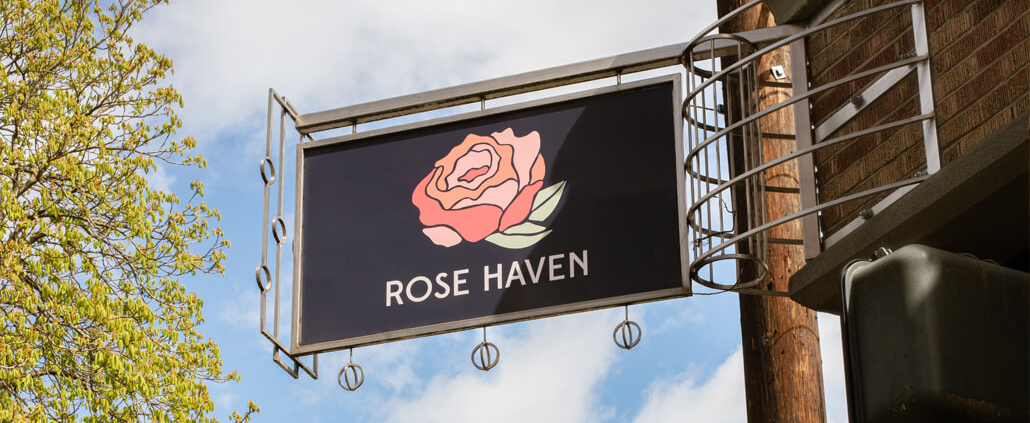Portland homeless nonprofits say they need help to meet expected increase in demand following daytime camping ban
Reporter Nicole Hayden of the Oregonian reports that Portland nonprofits supporting those experiencing homelessness are concerned about their ability to meet the expected increase in demand once the city’s new daytime camping ban goes into effect.
The ban, scheduled for early July, limits unhoused individuals to camping only between 8 p.m. and 8 a.m. in designated areas, requiring them to dismantle their camps during the day. Violations of the rules may result in fines or jail time. Many unhoused individuals are still unaware of the ordinance, and there is a lack of alternative shelter options available.
“A week before this (ordinance) was being brought before City Council, I wasn’t even aware of it,” said Katie O’Brien, executive director of Rose Haven, a homelessness resource center that serves women. “We are seeing 130 to 150 people a day in our little center here – that’s a 150% increase in just the last three years.”
A week before the City Council voted on the ordinance, Rose Haven had to stop letting people in for the first time in their 26 years of operation because they were over capacity, O’Brien said. A line of women stood outside the building waiting to get in.
O’Brien said she had a couple meetings with Skyler Brocker-Knapp, Mayor Ted Wheeler’s lead adviser on homelessness. But O’Brien said Brocker-Knapp didn’t offer financial support that would allow Rose Haven to catch some of the fallout from the new camping ban.
Outside of finding realistic places for unhoused people to go during the day, nonprofit leaders and people with lived experience worry about other logistics. O’Brien wonders how the city can require people with physical and mental challenges to take down and put up a tent every day, which is not always simple, especially for the many aging and disabled unhoused Portlanders, she said.
The ordinance is likely to push people without homes further into hidden areas to avoid punishment, making it harder for outreach workers to deliver critical supplies and for caseworkers to find their clients, O’Brien said. She especially fears for women, who are most vulnerable at night.
“We aren’t designed as a place for people to sleep but some of our folks come here in the morning and spend the first couple hours just resting,” O’Brien said. “Almost all of our guests living outside have experienced abuse before, so staying up all night is necessary for them.”
Read full article at OregonLive.com


